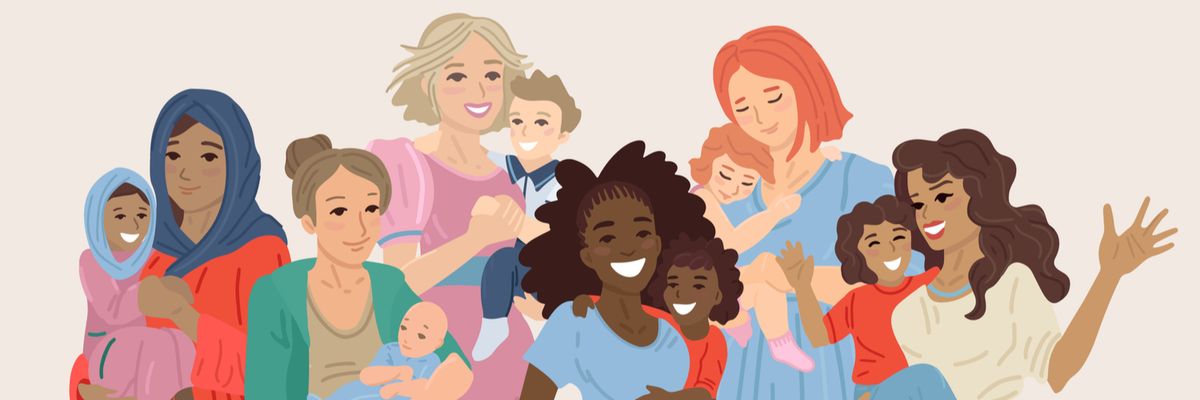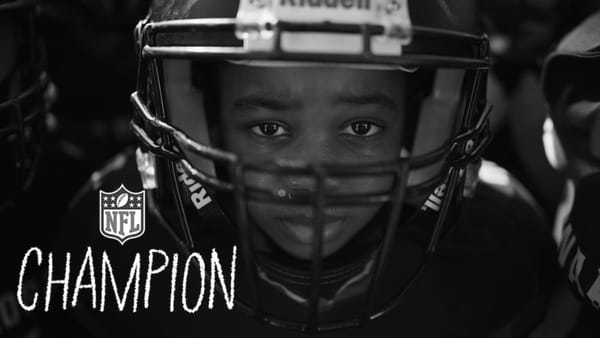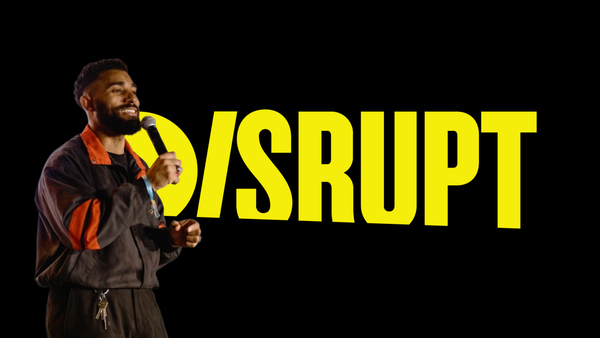On the one hand, you’ll suffer regular snide comments about ‘oversharing’ and ‘using’ your children. On the other, you’re doing a job at helping tens of thousands of other parents to cope – and you’ll receive many more positive messages thanking you for saving people’s sanity, relationships, and in some cases, even their life.
Opening up your family life to the world is not a decision to be taken lightly. Like all influencing, being a good family creator looks effortless but is actually the result of hundreds of hours of hard work.
You need to be honest, authentic and know why you want to share your life. The desire to make money just isn’t enough – there needs to be altruism too. And in the current competitive market, you’ll need a USP to ensure you stand out and the audience has a reason to come to you.
As the former founder of the UK’s first social network for parents, Netmums, I’ve supported mums online for over 20 years. I’ve witnessed the first websites, created the first chatrooms, watched as blogging was born and set up the UK’s first family talent agency – and I’ve never seen anything as powerful as the connection between a good mummy influencer and her audience.
The peer-to-peer messaging is so powerful, that to the audience, a good mummy influencer is a virtual best friend and someone as present in their lives as an IRL buddy. But for every truly successful mummy influencer, dozens don’t make it, so what do you need to do to get it right? Here’s some of the UK’s mum creator stars share their secrets to successful influencing.
What are the main things to consider about being both a parent and an influencer?
Veteran influencer, Helen Neale from Kiddycharts, has been a top creator for over ten years. She explains: “Being a mummy influencer is NOT the easy option. To do it right is very hard. Being genuine is the only way to be online, otherwise, people will see through you.”
Leading LBGTQ+ influencer Amber Wilde from Meet the Wildes adds: “You need balance, priorities, and safety net. You must be very clear that you are your children’s mum, not their manager. Prioritise their best interests even when it’s not in the best interests of your social media career.”
How much should you share?
Rising star Ali Byatt shares her adoption journey online and has built a fiercely loyal following. She said: “There is never too much to share, as long as you stick to your boundaries. I talk about the children’s additional needs but I don’t share the children’s faces, which can impact brand work but is the right thing for our family.”
International star SJ Strum is the world’s leading baby names expert and has built a media career through influencing. She says: “Motherhood is so individual. We are all in the same storm but not in the same boat. All mums often feel alone so a really honest conversation can go a long way to offering positive support to your audience.”
Helen adds: “You have to respect your kid’s privacy. When they get older, what they are happy to be featured in may change, so adapt your content.”
How do you cope combining influencing and being a mum?
Kerry Conway and her husband Warren are one of the UK’s most popular family couple creators, juggling being social media stars with raising three daughters. Kerry says: “Parenting always comes first, work as and when we can fit it in. Mainly in the evenings, we’re so tired but it’s worth it! But it also gives me the best of both worlds – being able to contribute to supporting my family but also seeing them more than in a conventional job, as I’m at home.”
What are the best things about being a mummy influencer?
Helen smiles: “The community of other influencers. Most are wonderfully supportive and when there is an influencer that needs support; they are there.”
Amber says: “Knowing the difference you make to others’ lives. We receive frequent messages of hope and gratitude from the younger members of the LGBTQ+ community, who previously believed that family life was unattainable for them. We’ve helped people through the process of coming out, dating and even starting their own journey to have children. Our presence online makes a difference to the lives of vulnerable people.”
SJ adds: “Mum creators are at the forefront of a major marketing shift. Mums are the CEOs of the household and by working directly with brands, we’re helping companies invest in real mums and share real experiences. Companies need to talk with genuine families, rather than go through the filter of a big ad agency which might not employ any mums at all.”
What aspects are the most challenging?
SJ says: “Switching it up from hobby to job. Getting sponsored to review a product or share your experience is so exciting for people who have built their online communities. I always make a big effort to like and comment on creator ADS. It’s often viewed as a negative thing but I look on in like supporting a small business.”
Ali adds: “Comparison. Wondering if you changed would you be more successful? But not wanting to deviate from your core values that make you you.”
Helen grins: “The attitude of people who don’t understand how hard it is to do. We don’t just get free stuff. We work hard. We slog. It isn’t free – it’s hard. The perception from the industry too that it’s OK to ask us to do stuff without paying us. This IS changing but only very slowly.”
Kerry says: “Juggling it all. If you have a deadline you can’t meet as your child is sick or you have a School play to go. It helps if you have management who are mums too as they understand.”
What do you think the future holds for mummy influencers?
Helen affirms: “Opportunity. So many people are enow online that we have the opportunity to be a force for good with a positive voice in our own corner of the internet. Let’s build up other parents so we all feel we belong.”








